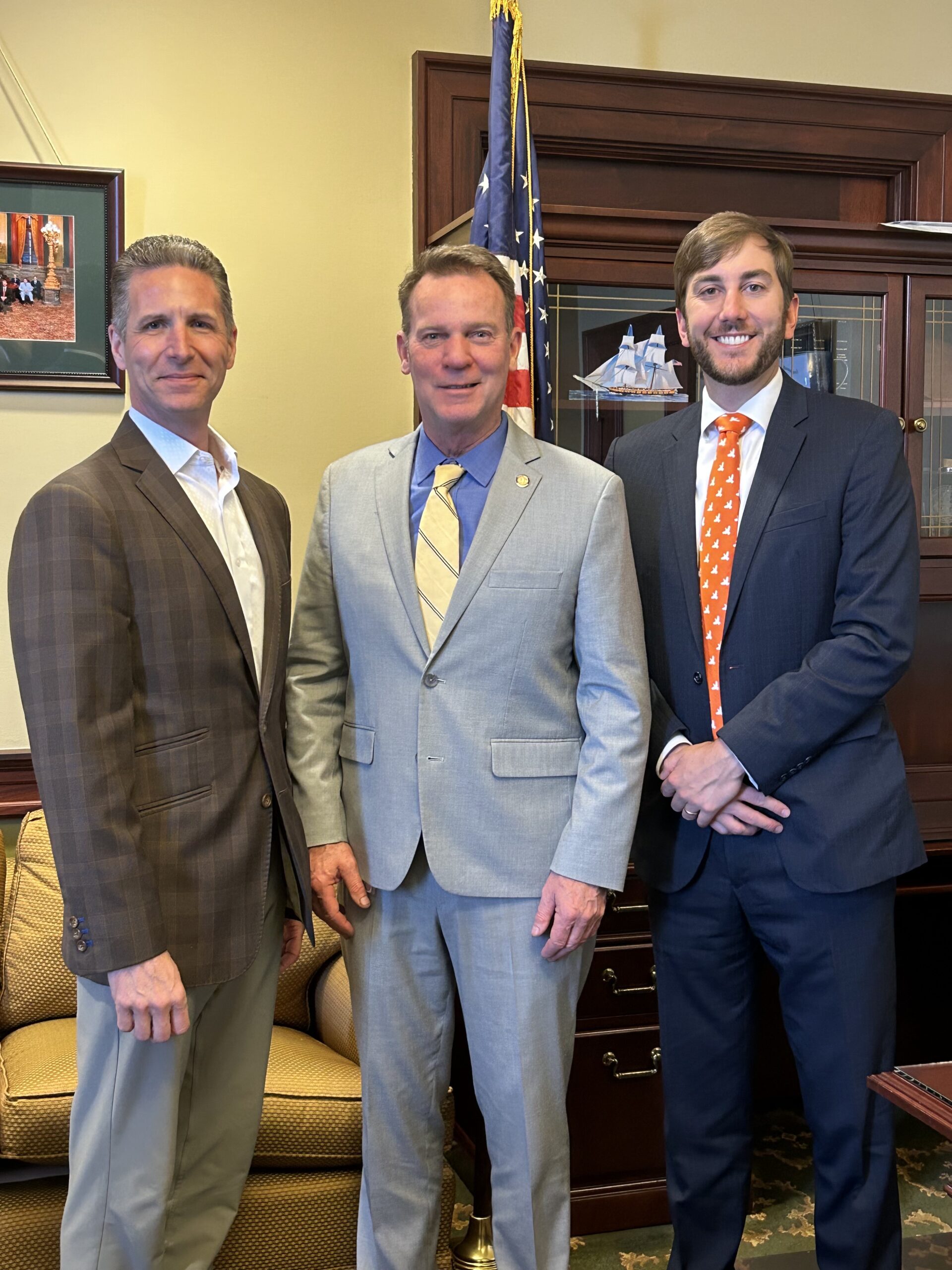North Carolina hunters may need to clear one last regulatory hurdle before being able to hunt legally on public lands on Sundays in the state.
After approving proposed rules to expand Sunday hunting opportunities to public lands, the North Carolina Wildlife Resources Commission (NCWRC) received public objections to the rules and by law, they are now required to submit the rule to the North Carolina legislature for review.
Since the legislative review will not be complete before the rule was set to go into effect for the 2021-2022 hunting season on August 1st, the NCWRC is enacting a temporary rule that will allow Sunday hunting on public lands to help avoid public confusion. Proposed temporary amendments to Rule 15A NCAC 10D .0103 include all previously adopted changes, with the exception of the prohibition of horseback riding on William H. Silvers Game Land and the name change of Alcoa Game Land To Yadkin River Game Land The proposed temporary amendments can be found here.
NCWRC will be accepting public comments until May 21st and SCI members and hunters are encouraged to make their voices heard. Comments can be made online, by emailing [email protected] or submitting written comments to 1701 Mail Service Center, Raleigh, N.C. 27699-1701.
Since passage of the Outdoor Heritage Enhanced Act of 2017, which transferred regulatory authority for public lands Sunday hunting from the legislature to the NCWRC, SCI has worked alongside local, state, and national partners to encourage the NCWRC to move forward with rulemaking to allow Sunday hunting on Game Lands.
Throughout 2020, SCI participated in the lengthy stakeholder engagement process to provide input used to evaluate the feasibility of Sunday hunting on these Game Lands. SCI supports the criteria developed by the NCWRC to identify appropriate Game Lands to open to Sunday hunting, which included identifying rural Game Lands that are not heavily used by non-hunters, lands that have close proximity to other Game Lands and public lands where hunting is prohibited, lands that have value and unique properties that are important to user groups, and recommended areas to avoid where past conflict have occurred regularly.




